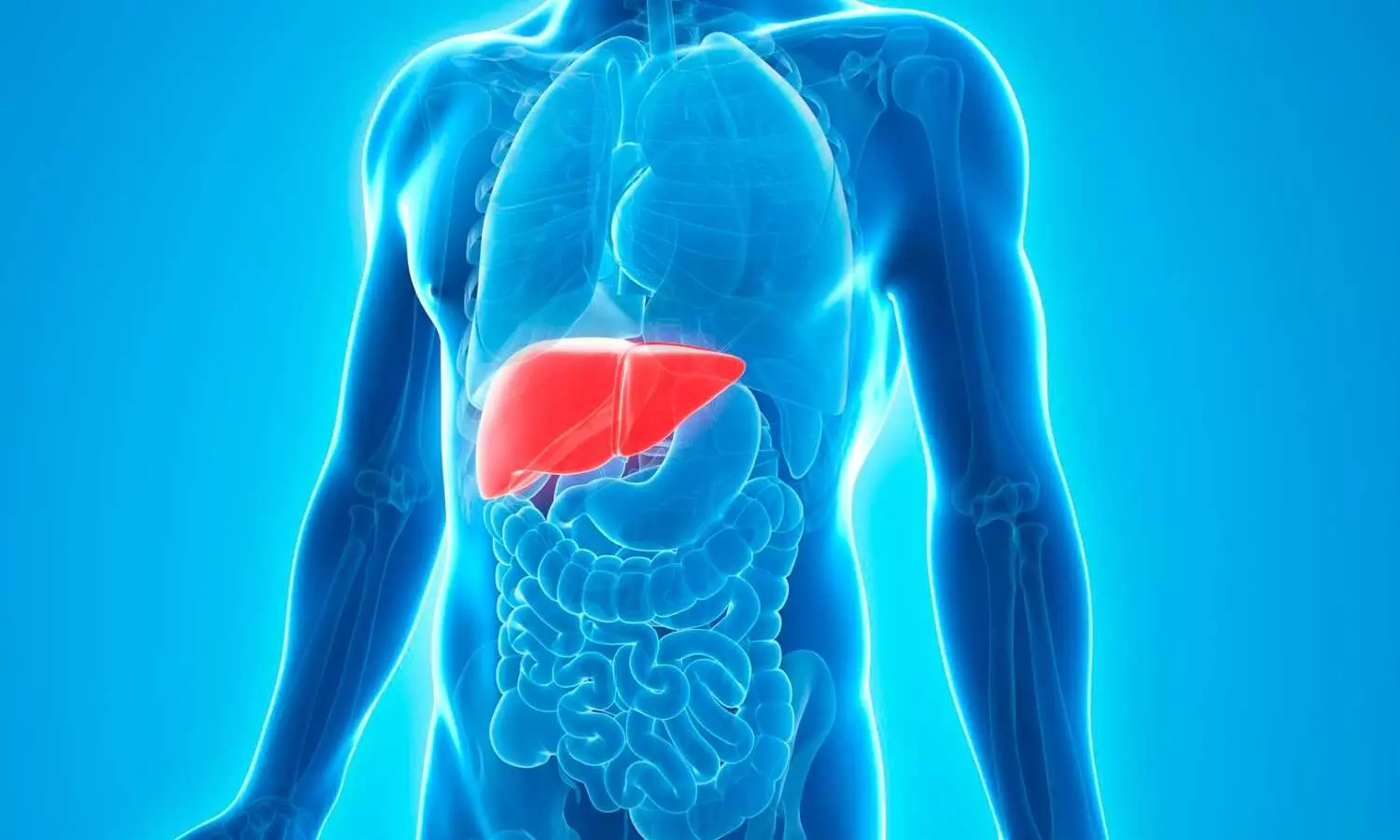Study Finds Sleeping Well and Avoiding Junk Food Keeps Your Liver Healthy

New Delhi: Getting enough good-quality sleep and avoiding junk food are crucial for maintaining liver health, said Dr. S.K. Sarin, Director of the Institute of Liver and Biliary Sciences (ILBS), on Friday.
He emphasized that junk food, true to its name, belongs in the dustbin, warning that its regular consumption can seriously harm the liver.
“The word junk food means it is junk. It has to be put in the dustbin. But if you think your stomach and intestines are dustbins, put that food inside. Otherwise, avoid, don’t use it,” Sarin said.
Junk food, packed with unhealthy fats, sugars, and processed ingredients, increases the risk of obesity, high cholesterol, and type 2 diabetes. These conditions, in turn, heighten the chances of developing non-alcoholic fatty liver disease (NAFLD), which can progress to more severe complications like cirrhosis and liver cancer.
Dr. Sarin also stressed the importance of getting enough sleep and avoiding late-night eating, as both are vital for maintaining a healthy gut microbiome. Studies have shown that poor sleep significantly raises the risk of fatty liver disease.
Additionally, eating late at night has been linked to a greater risk of significant fibrosis — a marker of liver damage. During sleep, the body’s ability to process fats and carbohydrates slows down, leading to their buildup in the liver.
“Sleeping late and eating late-night food is not a great idea, because the bacteria in your intestines which process the food, will also sleep late. Restorative good sleep is the best thing,” the leading hepatologist said.
Sarin advised people to not lose their health by running after “money, power and positions”. Instead maintaining “a sound healthy body and good night’s sleep” is essential as these are the “only two things which give happiness in life”, the expert said.
Non-alcoholic fatty liver disease (NAFLD), now known as metabolic dysfunction-associated steatotic liver disease (MASLD), is a chronic condition characterized by fat accumulation in the liver among individuals who consume little or no alcohol. It commonly affects people with diabetes, obesity, high blood pressure, or high cholesterol.
Fatty liver disease is rapidly becoming a major health concern in India, currently impacting approximately three out of every ten people.
To address this growing issue, the Union Health Ministry released updated operational guidelines and a new training module for MASLD in September last year, aiming to promote early detection and improve patient care and outcomes.
Next Story


